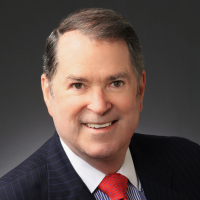ChatGPT Ethics Case Summary
By Brandon Kimura
Artificial Intelligence has long been imagined by both science and popular culture. With the release of ChatGPT to the public, AI is now reality and its potential application in every industry is evolving daily. The law is no exception. From applying AI to discovery, to allowing AI to argue in court, AI is here, as are the ethical issues that arise from its use. Thankfully, while the problems AI poses may be novel, at least some of the ethical answers appear to be comfortably traditional.




